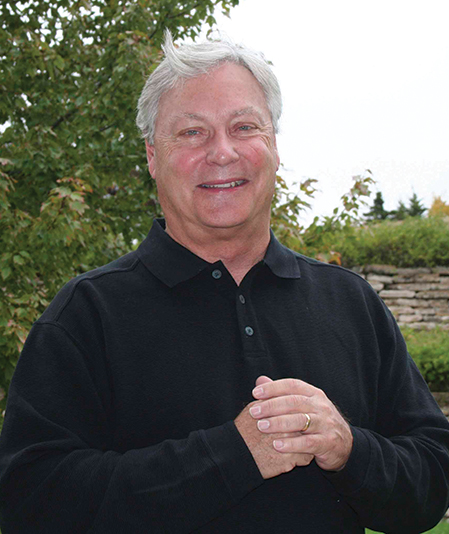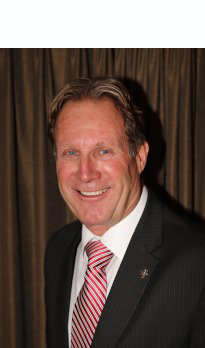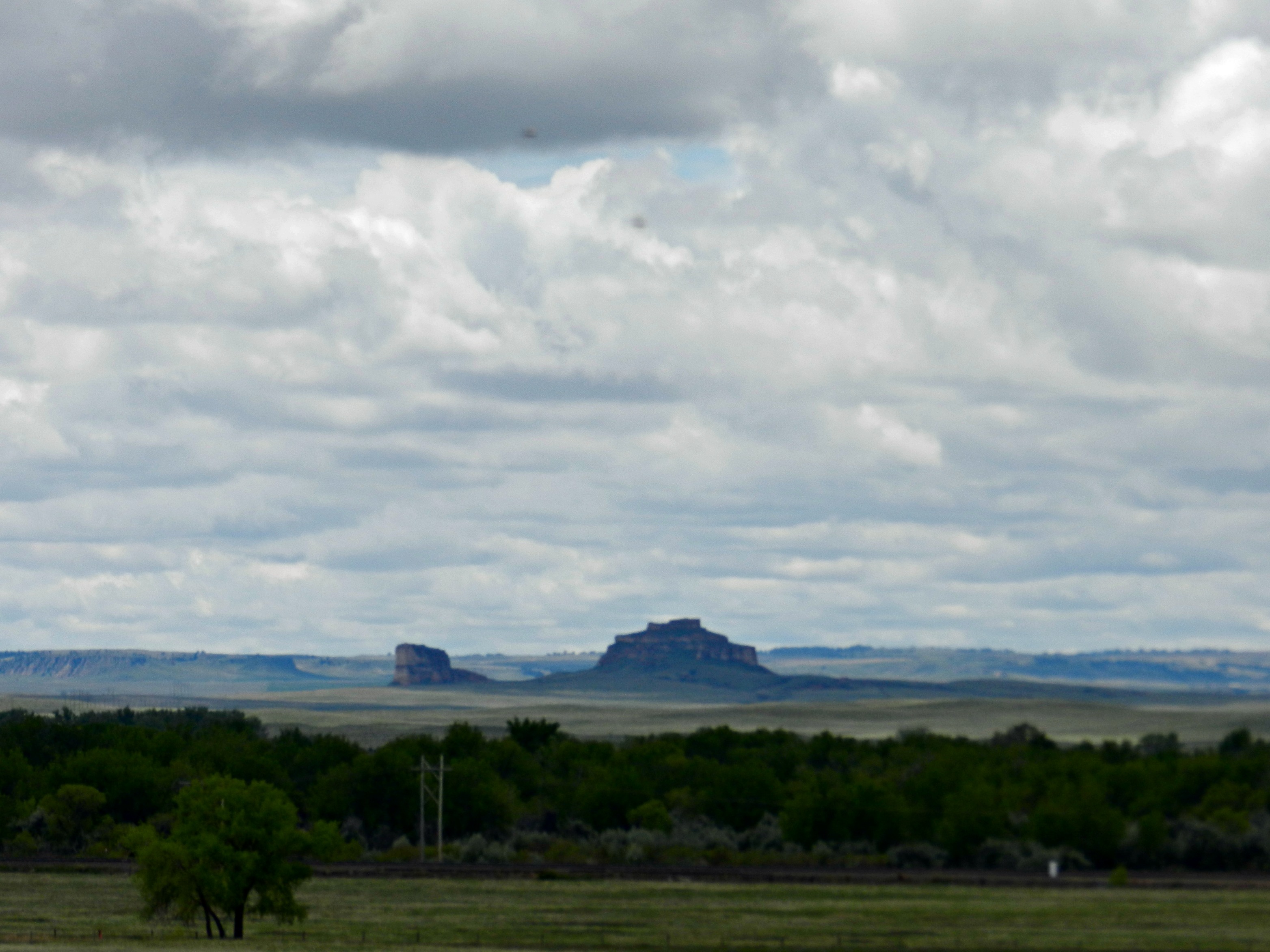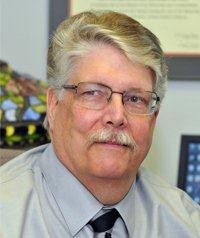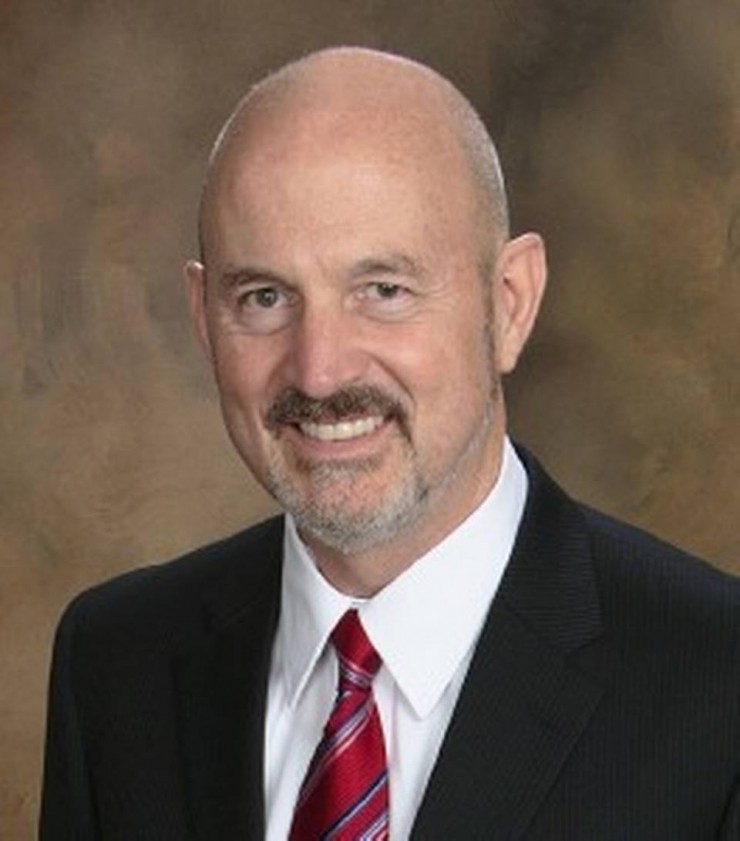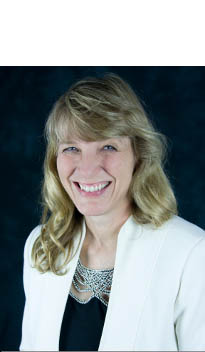
“We do not teach history in order to train historians…and we do not teach Shakespeare to train Shakespearean actors or Shakespearean actresses.”
In graduation season, we often hear: “What good is this degree for getting a job?” And that is the question of a society that does not understand the value of education.
The above quote by Jacob Bronowski delivered at the opening of the Clark Science Center in 1968 is a clear message to those who see education as nothing but job training.
As parents, we have a legitimate worry about our offspring graduating and becoming self-supporting. But making a living and having a life are both important. And all of society suffers if a large number of people do not have a job.
But even when everyone is employed, society can be miserable. We can look to places elsewhere in the world today, or back in time to our own Dickensian sweatshop history, to when people had ample work but under slavish conditions. To quote Thoreau: “The mass of men lead lives of quiet desperation, and go to the grave with the song still in them.”
So why do we teach history or Shakespeare? Bronowski explains that we need to “…make them second nature to our students because they are a part of contemporary nature….” It means that being a part of society is “…having a share in whatever is alive and original in the thought of your day.”
In the above paragraph, what was the poverty Charles Dickens saw? Who was Henry David Thoreau and by what authority could he criticize the meaningfulness of lives around him? And Bronowski was speaking at a science center proclaiming that everyone, regardless of educational major, also now needed to understand the basics of science—and not just those few who will enter a science career.
But we continue to hear that students only need to pursue their major, and not the full range of academic courses. On February of 1967, newly-elected California Governor Ronald Reagan examined his state’s educational budget and proclaimed “…that there are certain intellectual luxuries that perhaps we could do without.”
When asked by a reporter “what is an intellectual luxury?” Governor Reagan questioned the value of several university programs and stated that taxpayers shouldn’t be “subsidizing intellectual curiosity.” The Los Angeles Times editorial page replied that: “If a university is not a place where intellectual curiosity is to be encouraged, and subsidized, then it is nothing.”
When a large portion of our society lacks a basic understanding of the history and art and music and science and government and math, etc.), we are abdicating the human heritage that we have built up to make life better.
My college student advisees often talked of “getting general education out of the way.” But when they loved their philosophy or history or music or foreign language class even though it was not their major, I tried to encourage them to take the next class, even if it was “only an elective.” –Because they needed to have a life after they came home from making a living.
Public higher education has become expensive due to underfunding, overenrollment and the attitude that education is a private, not a public good. Thus parents and students may only value courses in their major. But sustaining the culture around us, by everyone having that minimal understanding across all of the major disciplines is what keeps us talking together, and treating fellow citizens with dignity and tolerance.
For me, helping the next generation of students become broadly educated and not narrowly job-trained—is personal. My father was a good provider. He worked hard in road construction and as an electrician. We never lacked for food and the essentials in life as I grew up. But when it came time to retire in his 70s, he was lost. He had never developed a love for reading a particular author. He had never developed any appreciation of art or music. “Wheel of Fortune” should not be the high point of your day.
Graduates need to have a life after they get home from making a living.





